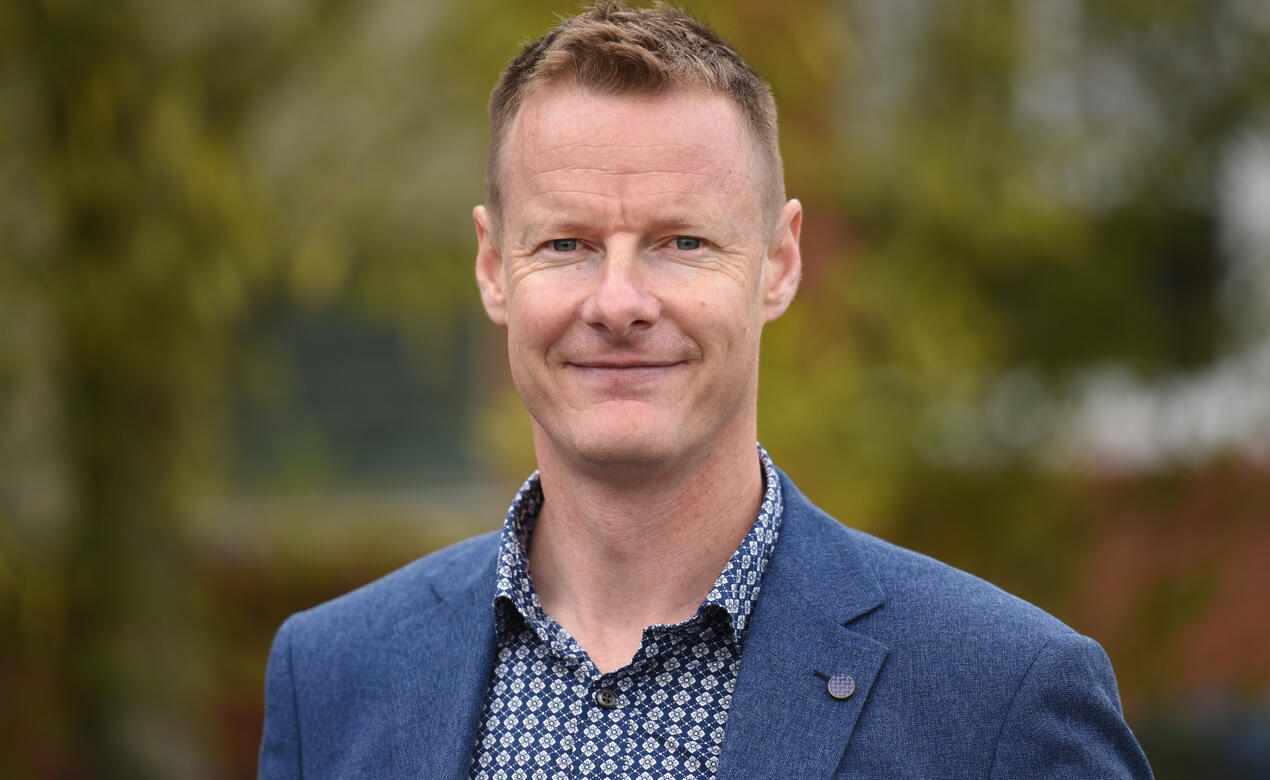
A venerable colleague recently told me it is the job of teachers to open up hundreds of little doors and let our students have a quick peek into each, surveying what lies beyond. They may decide to dip their toes in and then retreat, or fully immerse themselves in what they discover. They may quickly close the door only to return and revisit its contents when they’re ready. These doors would expose them to an array of experiences, and the accompanying sites, sounds and sensations.
The student leadership journey at SMUS resembles this analogy, with experiences and challenges intentionally infused over the course of a student’s time at the school. Opportunities to lead are presented in plain sight, embedded in the fabric of every experience, and sometimes hidden around corners and behind doors where students least expect them. Whether it’s the classroom, the arts, athletics, or STEAM, every student can find ways to lead, both big and small, formal and informal.
These experiences should be marked by curiosity, challenge, positive risk taking, and a healthy dose of failure, where students pick themselves up, learn from the experience, and view it as an opportunity for growth. The practice of leadership, in particular, requires a growth mindset, and the ability to not just bounce back from setbacks, but to view obstacles as an integral part of pursuing goals. As author Ryan Holiday puts it: “The obstacle in the path becomes the path.”
Stepping Courageously Through the Door
At the Senior School, we are in the thick of our ‘leadership season.’ This week, students voted for next year’s head prefects, and in the days ahead will cast ballots on the formal positions of school prefects, council heads, and heads of our boarding houses. This represents a culmination of the Grade 11 Leadership Program and a beginning for our Grade 11 leaders, as they look ahead to their final year at SMUS. The bold students who had the courage to step through this door and put their names on the ballot will find out whether their peers have selected them. It’s a time of excitement, anticipation and nerves, for sure. Those elected will have a clear role and mandate, and will set out to create a vision for their leadership in their Grade 12 year, carefully mapping out the steps to make it a reality.
But what about students who are unsuccessful in obtaining a formal leadership title? This process will test them, and there will be no better time to practise resilience and chart a new course. In life, leaders often are not given formal titles. Within groups, teams and organizations, people who build relationships, earn trust and serve others can be seen leading, even if it’s not in their job description.
Students who are not elected, or chose not to put their names forward, are invited and encouraged to look for ways to develop their leadership skills within the clubs, councils, performances and teams they are part of – and there will be plenty of opportunities. To lead does not require winning an election.
As our senior students embrace their new roles, big and small, the lessons learned behind hundreds of little doors along the way will guide them and help them discover who they are as leaders. The risks taken and the scrapes and bumps experienced are what prepare them for greater responsibility. The doors that present themselves will continue to get bigger, with exciting and beautiful landscapes waiting for all students to explore.


